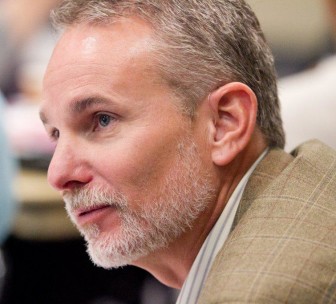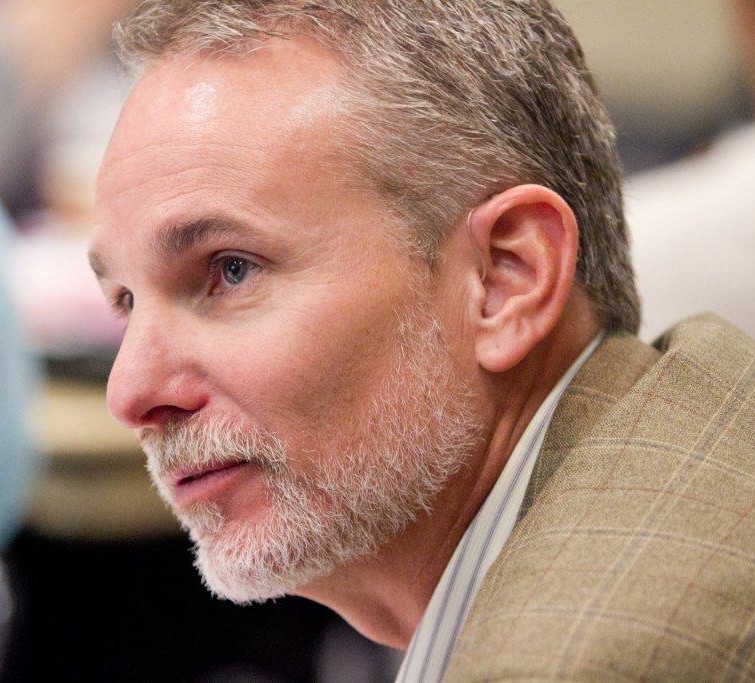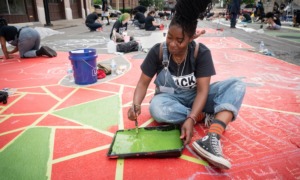 For too long, adult intervention has been society’s knee-jerk reaction instead of youth intervention. It is a failed approach, and a fundamental awakening to the value of youth intervention is needed.
For too long, adult intervention has been society’s knee-jerk reaction instead of youth intervention. It is a failed approach, and a fundamental awakening to the value of youth intervention is needed.
It sounds daunting, but it can be done. It has to be done unless we are willing to accept an unsustainable and flawed strategy. Let me explain.
For the past 30 years or so we have denied too many youth the opportunity to develop into happy, healthy adults because of minimal intervention. We have favored ignoring youth and then dealing with them as adults who are struggling in life.
Unfortunately, the broader community is not aware of the value of youth intervention. As a result, youth work has insufficient support and is not considered an essential service, which is a faulty assumption.
It is true that the school system and some larger organizations like the YMCA are enough support for most of our youth. This works because most youth have families or infrastructure capable of providing the financial and emotional support that youth need to become happy, healthy and productive members of their community.
But an estimated 16 to 20 percent of our youth need more support. Not always, but most of these youth are from families who, through no fault of their own, simply don’t have the skills, resources or the grit to ensure that their children thrive. It’s not that families and primary caregivers don’t want the best for their children; they simply are overwhelmed or underskilled.
Often youth who are struggling are experiencing or have experienced trauma. Too often they are growing up in poverty or are victims of mental and/or physical abuse. Unable to cope, some may also be struggling with mental health or chemical dependency issues. For these youth, the school system will not be enough. The larger organizations available may not have the resources to work with these young people.
Why is it that the community as a whole demands that something be done when they see adults driving drunk or selling drugs to support their habit? Similarly, as a community, we provide intervention when there is domestic violence between adults or other illegal behavior. Many more examples of community demand for adult intervention can be given.
[Related: Social Work Education Key to Retaining Foster Care Workers, Advocates Say]
But why do we shrug our shoulders or simply blame the parents when we see a young person drinking, fighting and similar behaviors. Why do we opt for policies that wait until adulthood to provide intervention? It comes back to the erroneous thinking that all youth will thrive with minimal intervention.
By ignoring the value of youth intervention, correctional facilities in counties across America are now busting at the seams. One in 10 adults in the United States today is incarcerated. Waiting until adulthood to intervene is costly. We pay the price as taxpayers for these expensive adult services. Individuals pay the price when they struggle to get a job or college financial aid with a criminal record. Clearly, the focus on adult intervention is not working and is unsustainable.
I think it is misguided to put the blame on elected officials. For the most part, elected officials serve their constituents. As youth workers, we need to look in the mirror and ask ourselves if we have been too willing to accept the status quo.
Every day we watch as kids get left behind because support and resources for our young people are insufficient. This is a social justice issue. It is time for youth workers to unite and demand change for our young people.
I am optimistic we can successfully lead this social justice movement. However, the moral imperative you and I feel about our young people will not be enough. We need to convey the benefits for society as a whole.
Youth intervention comes with a cost, but it is a bargain compared to the cost of adult intervention. Less adult intervention and more youth intervention is good for business, it improves public safety and it saves taxpayers money.
To be successful, we can no longer wait to convey this message to those who make policy and funding decisions. It is no longer good enough to be a good youth worker; we have to be good advocates for our young people.
Youth workers must take the lead in changing the broken model that makes a priority of adult intervention over youth intervention. Without youth workers being good advocates, our youth will continue to go without the support they need until they require adult intervention.
Paul Meunier, executive director for the Youth Intervention Programs Association (YIPA), oversees its advocacy and professional training services. He served as the mayor of Ham Lake, Minnesota, after being city councilman and has spent much of his career working directly with high-risk youth.
More related articles:
Compassion Fatigue Rampant in Youth Service Industry
Ask a Youth Worker: When Was the Last Time You Felt Like You Made a Difference?
Self-Care: You Can’t Do It Alone, Professionals Say
































